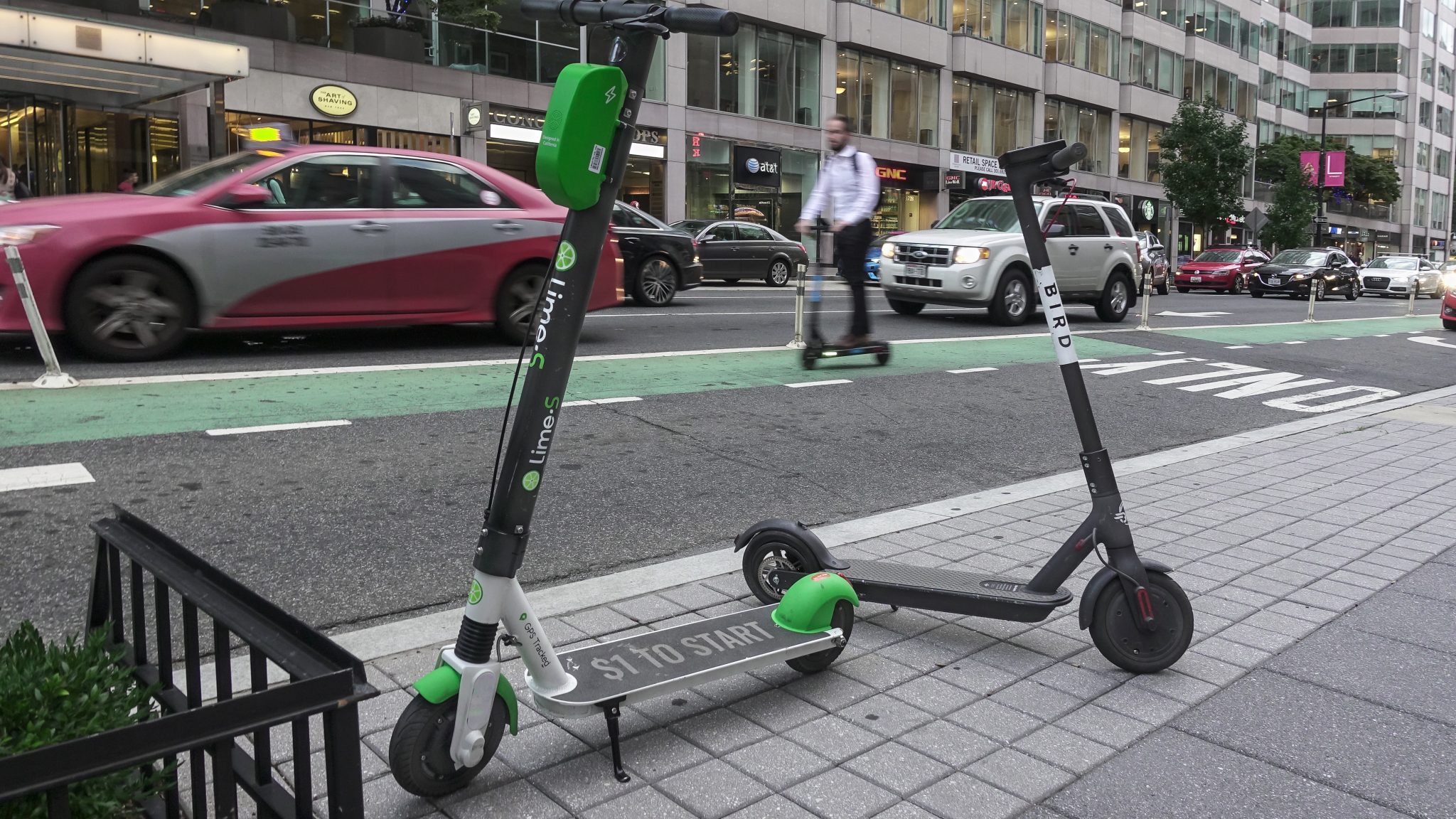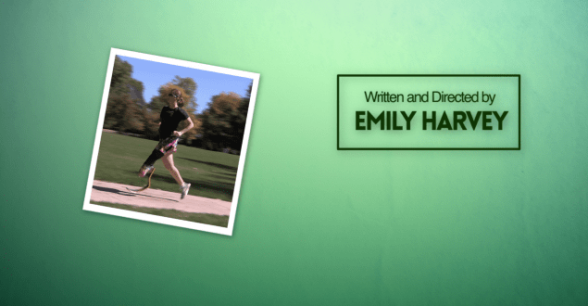Open Letter to Seattle Mayor Durkan on Scooter Share
Dear Mayor Durkan:
For blind and low vision pedestrians, as well as those of us who use wheelchairs and other mobility devices, inaccessible sidewalks jeopardize our ability to navigate the city. That’s why it’s critical that, as the city considers bringing scooter share to Seattle, we do it in a way that doesn’t risk limiting our mobility, especially for those of us for whom sidewalks are our only option for getting around.
Easily rentable bikes and scooters are a valuable transportation tool and their widespread use will help more people to get to transit and other places they need to go, while giving us the opportunity to reduce our carbon emissions. The United Nations climate report tells us we have about 11 years to reduce greenhouse gas emissions by more than 50% if our children are to have a liveable future. Given that half of Seattle’s greenhouse gas emissions come from personal transportation, we must do everything we can to make it easy for more people to use less carbon-intensive modes of transportation.
We are aligned with Seattle Neighborhood Greenways and Cascade Bicycle Club in our belief that, if executed well, scooter share will not pit pedestrians with and without disabilities against people riding shared bikes and scooters. To that end, we are calling on city leaders to center three principles as they advance scooter share:
- Don’t make this a zero sum game. There is plenty of space on our streets for pedestrians, bikes and scooters. Rather than taking space from pedestrians for bike and scooter share, we need to re-create our streets so that people scooting and biking don’t feel that the sidewalk is the only safe place to be.
- Proactively designate scooter and bike parking, and lots of it. Rather than allowing parked bikes (and in the future, scooters) to block pedestrian access on sidewalks, the city must transition to a strategy of on-street bike/scooter parking spaces on every block — starting with heavily used locations like business districts, transit hubs, and colleges. These parking areas can be placed near intersections where car parking is already illegal, thus improving sightlines and creating a safer crossing environment for everyone. The Seattle Department of Transportation is already adding bike parking “corrals” throughout the city with funding from the existing bike share program – but rather than launching scooter share first, and then building more parking (like they did for bike share), the city needs to build the necessary infrastructure first.
- Create safe space on our streets for bikes and scooters. The City of Seattle must finish the Basic Bike Network for downtown and connect Seattle by bike with key connections across the city; then build safe and comfortable routes that connect people to where they need to go in every neighborhood.
By being thoughtful about how we use the entirety of our roadways, we can have a city that is more – not less – accessible for all of us, and at the same time work towards ensuring a climate future for our kids. Doing so will require bold steps that will challenge the status quo. We believe we can be that kind of city. We just need our leaders to step up.
Sincerely,
Rooted in Rights,
National Federation of the Blind, Greater Seattle Chapter
Washington ADAPT West
Seattle Neighborhood Greenways
Cascade Bicycle Club
Seattle Bike Blog
350.org Seattle
Transit Riders Union
Lime
The Urbanist
This letter was also published as an Op-Ed in the Seattle Times on June 12, 2019.
Update: We worked with Seattle City Council and passed legislation to improve scooter and bike share parking.
About Rooted In Rights
Rooted in Rights exists to amplify the perspectives of the disability community. Blog posts and storyteller videos that we publish and content we re-share on social media do not necessarily reflect the opinions or values of Rooted in Rights nor indicate an endorsement of a program or service by Rooted in Rights. We respect and aim to reflect the diversity of opinions and experiences of the disability community. Rooted in Rights seeks to highlight discussions, not direct them. Learn more about Rooted In Rights



